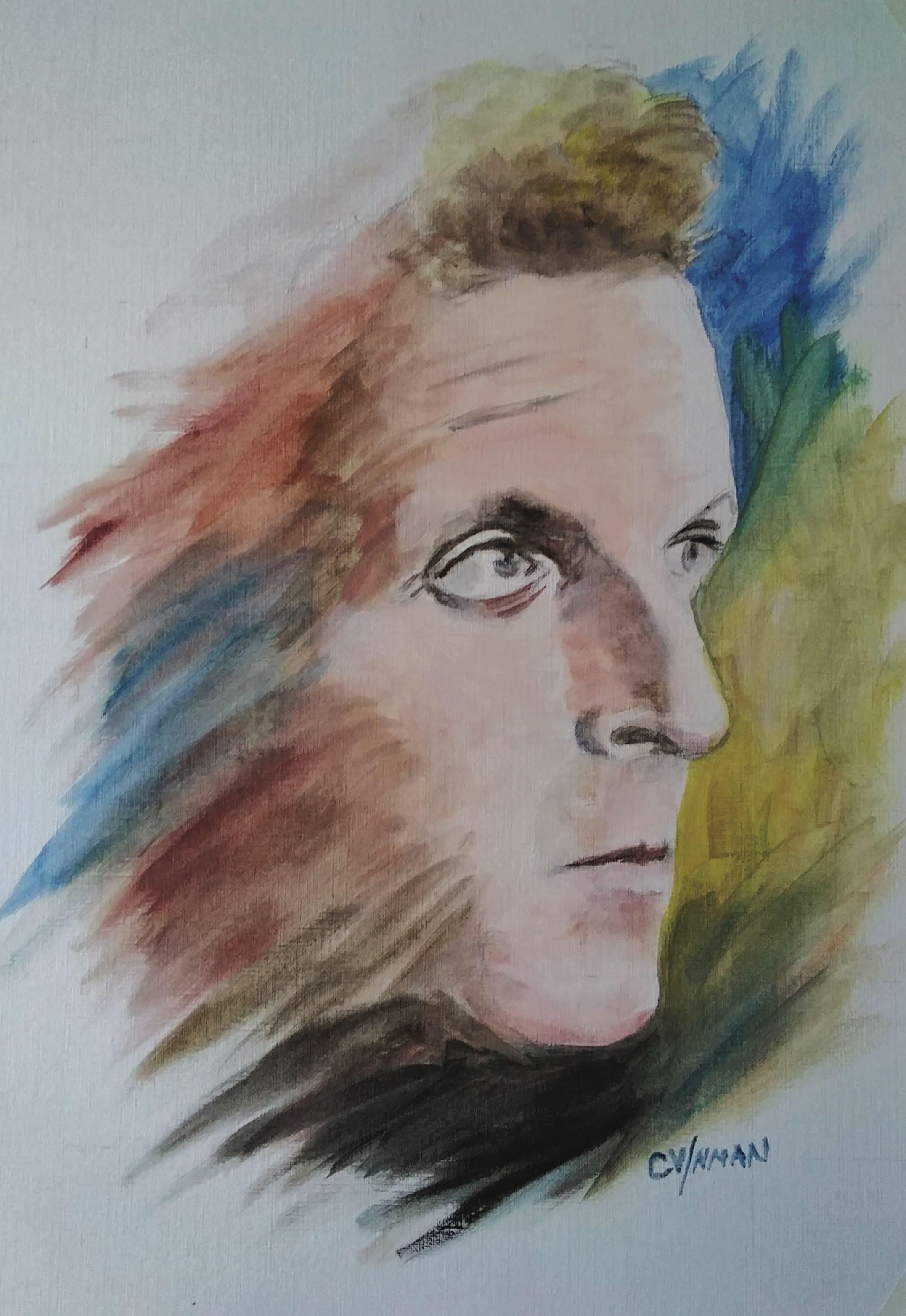
The word ‘creativity’ is derived from the Latin word creare; literally, ‘to cause, to create, to make’. But this definition itself suggests problems. Humans can certainly make things by putting other things together; but do we have the capacity to create something new, as it were, from nothing? Well, like many others, I will take refuge in the phrase “it all depends what you mean by...” The idea that creation was only in God’s realm seems to have been ditched in the seventeenth century. The word creativity seems to have acquired its present meaning around that time, with its implication that humans too can be creative.
One thing we need to clear up first, is that creativity and discovery are not the same thing. Discovery is unearthing something new: that which hasn’t been known before. The discoverer does not know anything of the thing discovered until the discovery occurs. This helps us with what creativity is not: although of course creative people do discover things, creativity can be a frame of mind, whereas discovery cannot.
Some have suggested that one criterion for a creative act is that it should be ‘unique’, rather than a copy of a previous act. Clearly however this cannot be the only criterion, or else one could just churn out a random sequence of letters or characters that made no sense at all and claim that to be creative act. So we need a second criterion for creativity: what is created must make some sort of sense. For that to work, the creative event must be embedded in some sort of symbol system intelligible to a wider audience: for example, language, logic, maths or music.
Wittgenstein & Creativity
This story is from the December 2022 / January 2023 edition of Philosophy Now.
Start your 7-day Magzter GOLD free trial to access thousands of curated premium stories, and 9,000+ magazines and newspapers.
Already a subscriber ? Sign In
This story is from the December 2022 / January 2023 edition of Philosophy Now.
Start your 7-day Magzter GOLD free trial to access thousands of curated premium stories, and 9,000+ magazines and newspapers.
Already a subscriber? Sign In

Metaphors & Creativity
Ignacio Gonzalez-Martinez has a flash of inspiration about the role metaphors play in creative thought.

Medieval Islam & the Nature of God
Musa Mumtaz meditates on two maverick medieval Muslim metaphysicians.

Robert Stern
talks with AmirAli Maleki about philosophy in general, and Kant and Hegel in particular.

Volney (1757-1820)
John P. Irish travels the path of a revolutionary mind.

IT'S A WONDERFUL LIFE
Becky Lee Meadows considers questions of guilt, innocence, and despair in this classic Christmas movie.

"I refute it thus"
Raymond Tallis kicks immaterialism into touch.

Cave Girl Principles
Larry Chan takes us back to the dawn of thought.

A God of Limited Power
Philip Goff grasps hold of the problem of evil and comes up with a novel solution.

A Critique of Pure Atheism
Andrew Likoudis questions the basis of some popular atheist arguments.

Exploring Atheism
Amrit Pathak gives us a run-down of the foundations of modern atheism.